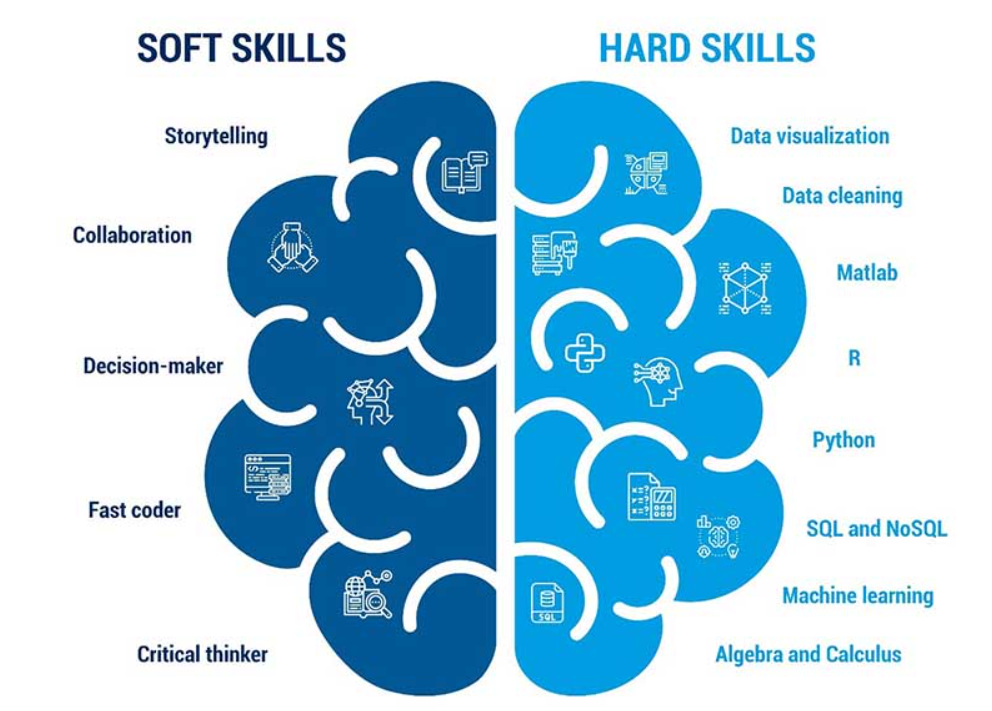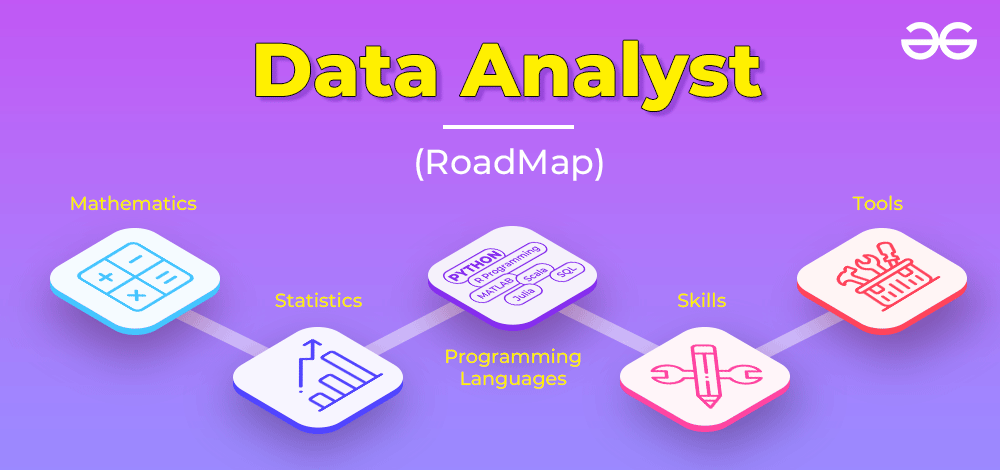It's possible for you to become a data analyst even without experience in the field. The data industry is expansive, so you're likely to find open jobs even without prior experience.There are quite a lot of skills you need to master to become a fully fledged data analyst. As such, it can be quite difficult. However, there are plenty of excellent resources that can help you along the way. Plus, the more you learn, the easier it often becomes to keep learning.Yes, it is feasible to work as a data analyst without having any prior experience. People can develop the skills and knowledge they need to be successful in this industry if they put in the effort, are open to learning, and have access to the correct training resources.
How long does it take to get a job as a data analyst : It can take anywhere from several months to several years to become a data analyst. The amount of time it takes you will depend on your current skill set, what type of educational path you choose, and how much time you spend each week developing your data analytics skills.
Will AI replace data analysts
AI can enhance — rather than replace — the role of data analysts. Analysts can dedicate more time to strategic work as automation helps carry out routine data tasks. But AI is not accountable for its own errors.
Are data analysts in demand in Germany : With the increasing emphasis on data-driven decision-making across various industries, the demand for skilled professionals in this field is on the rise. This makes Germany one of the best places to work for data analysts.
As with any scientific career, data analysts require a strong grounding in mathematics to succeed. It may be necessary to review and, if necessary, improve your math skills before learning how to become a data analyst.
No data analytics isn't easier than programming.
If you want to learn programming and get into a software development job, you need to learn data structures, system design, object-oriented methodologies, etc. You also need to design new algorithms to solve new problems. This is not the case in data analytics.
Is data analytics a lot of math
To sum it all up — the core concepts associated with Algebra and Statistics are going to be the majority of math you'll need to know in a data profession. Realizing that both simple algebra and descriptive statistics are the main types of math you'll be doing in a visualization tool like Tableau.This is not the case in data analytics. In data analytics, you just need to use existing tools and techniques to analyze data. In my opinion, using existing tools, techniques, and algorithms is always easier than creating new software and designing new algorithms. Hence, data analytics is easier than programming.If you're interested in becoming a data professional in three months, you should work to develop soft skills such as clear communication, creativity, teamwork, and critical thinking. Skills such as these will help you convey data findings to other internal and external stakeholders and contribute to your employer.
119 Jobs That AI Won't Replace
- Health care and well-being.
- Creative and artistic fields.
- Skilled trades and construction.
- Academia, education, and training.
- Service and personal care.
- Business management and legal fields.
- Sports, fitness, and recreation.
- Environment, agriculture, and conservation.
Is data analyst still in demand 2024 : In 2024, high-demand skills for Data Analysts include proficiency in data manipulation and analysis tools like SQL, Python, and R, expertise in data visualization tools such as Tableau or Power BI, and a strong understanding of statistical analysis and machine learning basics.
How much does a beginner data analyst make in Germany : The estimated salary for a Junior Data Analyst is €46,000 per year in the Germany area. This number represents the median, which is the midpoint of the ranges from our proprietary Total Pay Estimate model and based on salaries collected from our users.
How much do data analysts get paid in Germany
On average, a data analyst in Germany can expect to earn between €40,000 to €70,000 per year. Entry-level positions may offer salaries closer to the lower end of this range, while senior or highly skilled data analysts working in sectors like finance or technology may command salaries toward the higher end.
The main takeaway here is this: Don't let your fear of math–something you may have picked up very early on in life–hold you back from pursuing a career as a data analyst. Being a data analyst requires a lot of skills, only one of which is math.As with any scientific career, data analysts require a strong grounding in mathematics to succeed. It may be necessary to review and, if necessary, improve your math skills before learning how to become a data analyst. Check out the list below for a few key areas of study!
Can I become data analyst if I hate coding : It's still possible to get into the data scientist field if you don't enjoy coding, especially if you focus on roles that are heavy on visualization or management. You can also work as a business strategist on a data science team and help drive the direction the team works in the insights they work to uncover.





